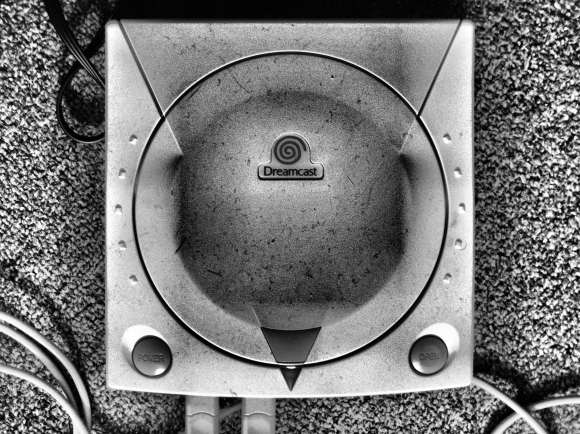- ARPDAUPosted 12 years ago
- What’s an impressive conversion rate? And other stats updatesPosted 12 years ago
- Your quick guide to metricsPosted 12 years ago
Is your game’s economy working for you?
Zoya Street is editorial assistant at Gamesbrief. She is also a historian of design, studying Japanese video games at the Victoria and Albert Museum.
Fictional economics: unlocking culture to monetise a game
If you’re going to make money from in-app purchases, your game has a fictional economy of some sort.
Fictional economics is about how the narrative, object design and user interface of your game tells stories about economies. It can be observed in both online and offline games.
This is not quite the same as a virtual economy in an MMO, although they overlap. ‘Virtual economy’ refers to the dematerialisation of traded goods in an economy that deals with real money.
The story your game tells about its economy, and the place of players in that economy, sends out a message. That message could transform the way your game monetises.
Learning from video game history
Take an example from history: Final Fantasy games have all featured fictional economies. The message they sent players was that owning better stuff makes a person better. As long as players spent time and money acquiring better weapons, their characters would become stronger. They would be better equipped to fulfill their heroic destinies. They would kill more enemies and rake in more money. All because their weapon had better technical features. As a result, players spent hours upon hours acting out the very consumerism that the games industry relied upon.
Imagine how powerful that was.
Enhance your game’s economy
As in-game economies are now not just fictional but also virtual, the rhetorical power of simulated capitalism shouldn’t be ignored. It could be the key to selling more IAPs in your own game.
At this year’s GDC, I’ll be sharing some of my historical analysis of Final Fantasy games. To find out more, come to my presentation:
It’s Dangerous to Go Alone! Take this Historical Study with You
1pm or 1.30
Overlook 2 of the West hall.
You will see examples of fictional economics at work. You will learn how powerful fictional economics can be. You will use the lessons of history to make better games.













